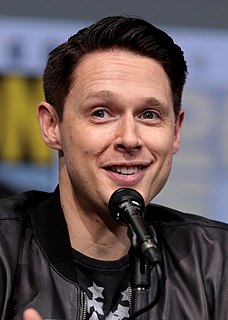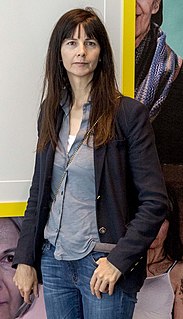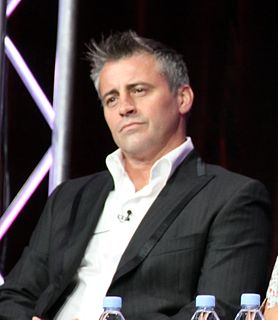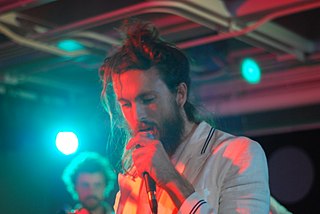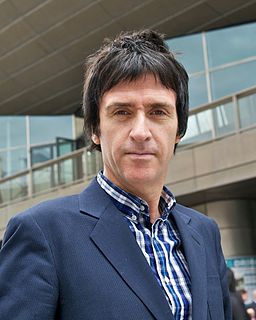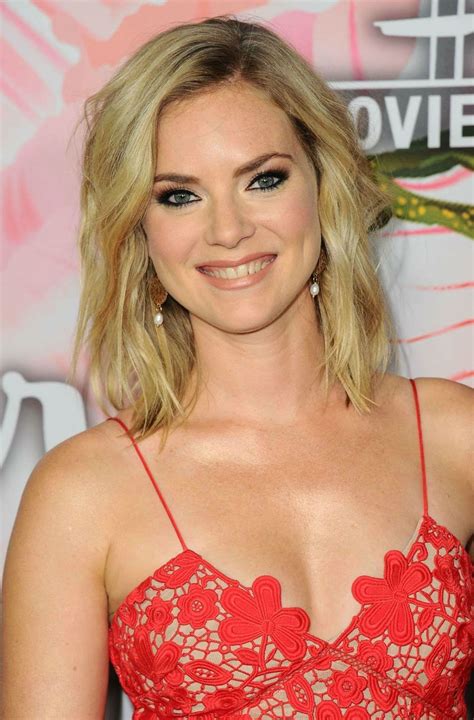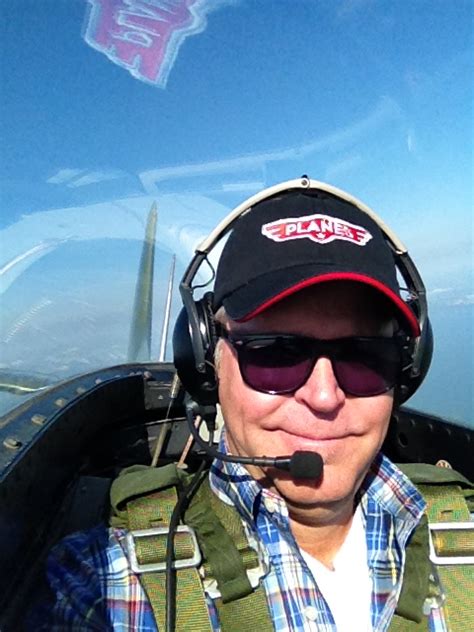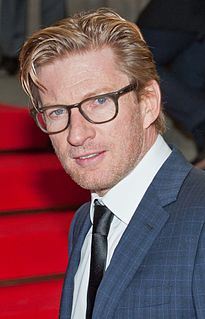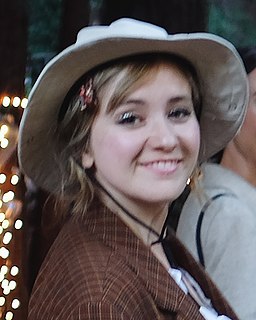A Quote by Samuel Barnett
You had to make everything much more truthful for the camera. With the stage it's a given that it's going to be theatrical.
Related Quotes
Zooming in, zooming out. I was shocked. I said, "Let's erase this right now, put the camera behind the stage and I'll do the performance just for the camera." He set up everything and I told him to go outside and smoke a cigarette. Come back when I finish. Don't touch the camera. This was the way how I've done most everything after that.
My whole life at a certain point was studio, hotel, stage, hotel, stage, studio, stage, hotel, studio, stage. I was expressing everything from my past, everything that I had experienced prior to that studio stage time, and it was like you have to go back to the well, in order to give someone something to drink. I felt like a cistern, dried up and like there was nothing more. And it was so beautiful.
I have learned a great deal from the theatrical side of Covent Garden. The Paris Opera Ballet is more concerned with technique. It's perfect. It's beautiful. It's well done. But it lacks the theatrical tradition that is so important in England. At the Royal Ballet, absolutely everyone on stage seems to be caught up in the plot.
When that word came down that the company had decided that we were going to go theatrical, we hooped and hollered and wahooed and all of that stuff, but the good thing is we didn't have to change anything. It's not like all of a sudden we had to reset, like "Oh my gosh, we're going to theater. We've got to make this better. We've got to make this bigger. We've got to add..." It was all done.
The "stage" on which you perform in film and TV is much smaller. Moving your eyes across the frame is equivalent to crossing from stage right to stage left in a big Broadway house. Coming from a theatrical background and temperament, this is something I am still learning. However, I think ultimately your responsibilities to the character and the overall story are the same in both mediums, so my approach felt very similar.
